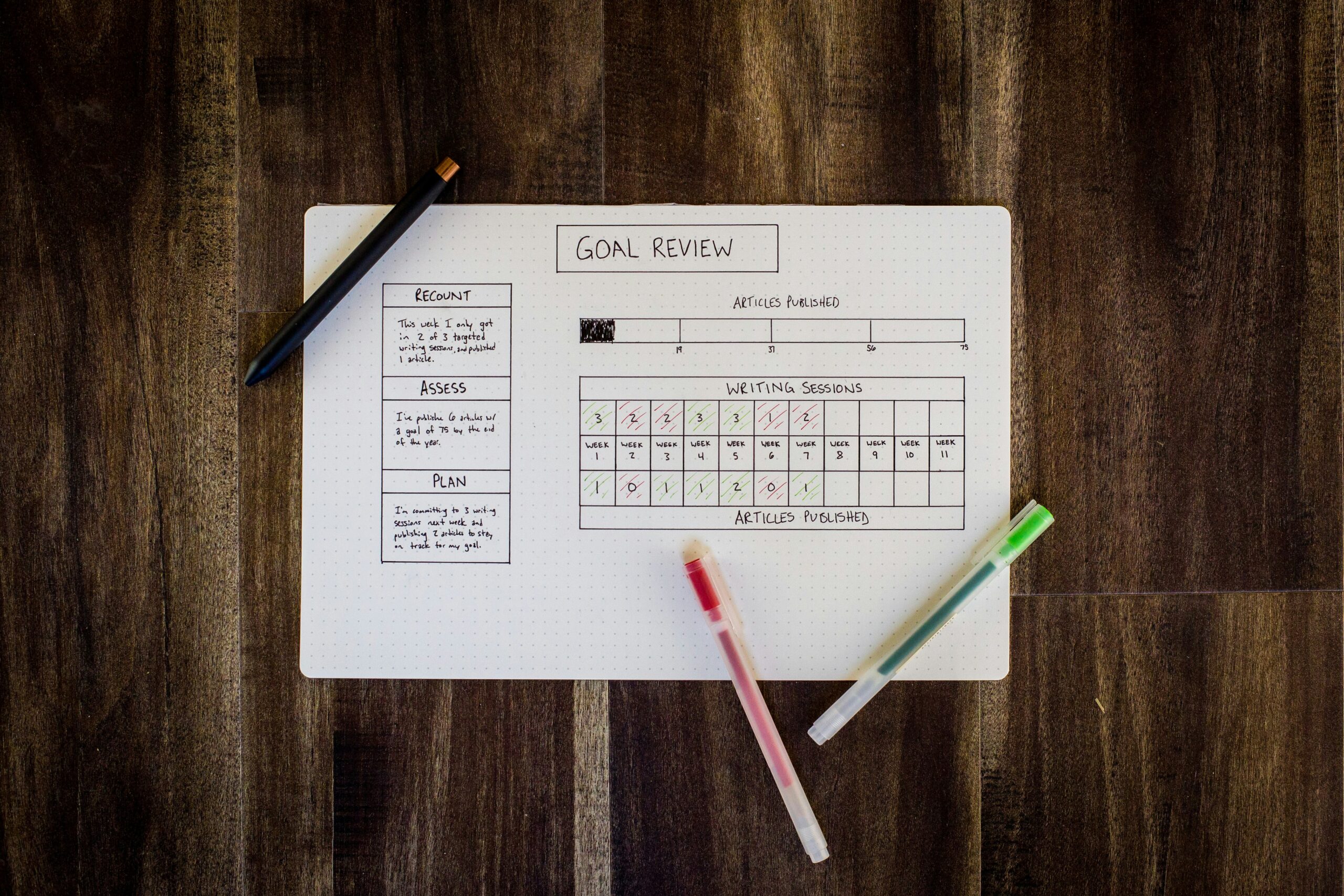Do you ever feel confused about feeling more than one emotion at once? Should I be feeling happy and sad at the same time? Am I normal?!
What I’m not talking about: paradox intervention in the therapy room. Sometimes a client will say they’re having a hard time brushing their teeth so the therapist will suggest that they don’t brush their teeth before bed. Therapists will do this to encourage clients to realize that they have control over their actions. This is a quick example and of course there’s more to it, but hopefully you get the jist.
But for today, I’m talking about the “both and” phenomenon, also known as paradox. This means that we are capable of feeling and thinking about multiple things at the same time. A few examples:
- Loving parenthood and hating feeling trapped by the kids schedules.
- Experiencing relief after a loved one died after a long illness and sadness that they’re not earth side anymore.
- Feeling confident about a breakup and feeling sad that it’s over.
- In the times of COVID-19; missing being with people and wanting to stay home
What do I do about this?
- Identify and label what you’re feeling. If you can’t find the words, label the experience (e.g. warm and fuzzy, racing heart).
- Acknowledge. Let those feelings happen and have a mindful moment with them.
- Embrace. Recognize that we’re capable of this, our feelings are real, and this will happen over and over again.
Experiencing paradox, or “both and” thinking, while it feels uncomfortable at times, is a great way to expand and nourish our ways of being.
Can you think of a time you’ve sat with paradox?






